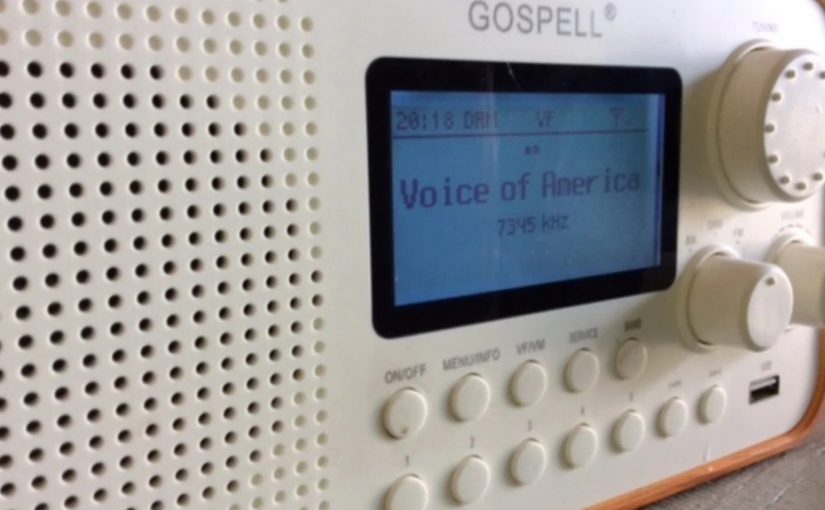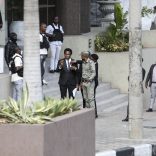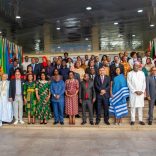Mozambique: President Chapo calls for greater commitment in fight against terrorism - Watch
Mozambique: Civil society objects to draft law banning foreign Radio and TV broadcasts in open signal – Listen

FILE- For illustration purposes only. [File photo: Voa Portugues]
The draft press and broadcasting laws sent by the Mozambican parliament to relevant institutions for comment before being debated in the plenary session which opens this Thursday are already coming in for criticism by civil society organisation, on the grounds that that may restrict freedom of expression and of the press.
Both laws have been in preparation for more than 10 years, the essential phases of the process having taken place during the mandate of Armando Guebuza. They then languished undisturbed from 2012 to 2016 before being resurrected under the leadership of Filipe Nyusi.
Consultation with media professionals resumed, culminating in 2019 in a meeting between the Prime Minister Carlos Agostinho do Rosário and the entire media industry. The two laws were then submitted to parliament.
The Assembly of the Republic has now sent the two instruments to relevant institutions for comment prior to the debate.
Civil society organisations in Mozambique have objected to articles in the two laws which prohibit open-signal broadcasts from foreign media and the rebroadcasting of content from international broadcasters.
Blocking journalism
According to Borges Nhamire, a lawyer and researcher at the Centre for Public Integrity (CIP), the intention is to curb freedom of expression and of the press in Mozambique.
“This is an effort by the government to hamper the work of journalists,” Nhamire says. “Although, in a way, it is ineffective, because, with the Internet, people can listen to any radio [station]”.
The Media Institute of Southern Africa (MISA) Mozambique, for its part, claims that the new laws, if approved, will be a setback to the democratic gains achieved in the country.
“If parliament passes the two laws without the changes suggested by civil society, it will be a major affront to freedom of expression and of the press in Mozambique,” it says.
Reinforce authoritarianism
A group of six civil society organizations has meanwhile issued a statement calling into question the proposed creation of a regulatory body with competences defined by the government.
The Centre for Democracy and Development (CDD) is among this group. Its director, Adriano Nuvunga, says that matters related to freedom of the press are constitutional in nature, and the existence of this body is contrary to democracy.
For Nuvunga, giving the government regulatory power will “reinforce the instruments of authoritarianism, because those who are managing the government are the first ones who are against press freedom, which combats corruption and the violation and abuse of human rights”.
But for the president of the Higher Mass Media Council (CSCS), Tomás Vieira Mário, the argument is poorly informed, “because press freedom will not be regulated outside the constitutional framework”.












Leave a Reply
Be the First to Comment!
You must be logged in to post a comment.
You must be logged in to post a comment.